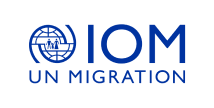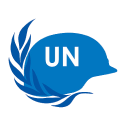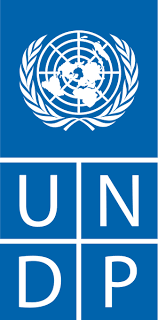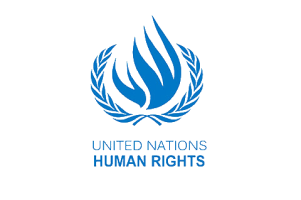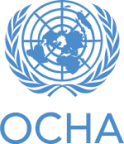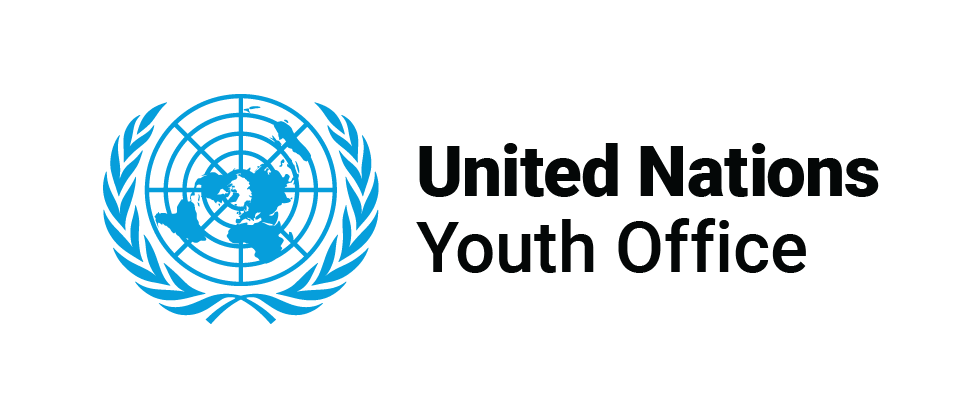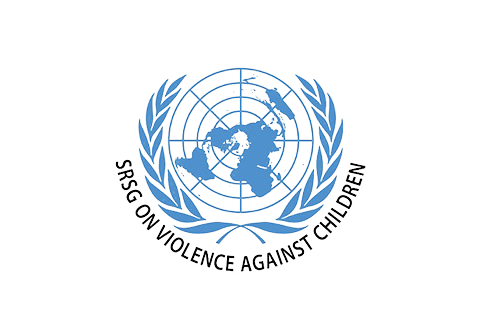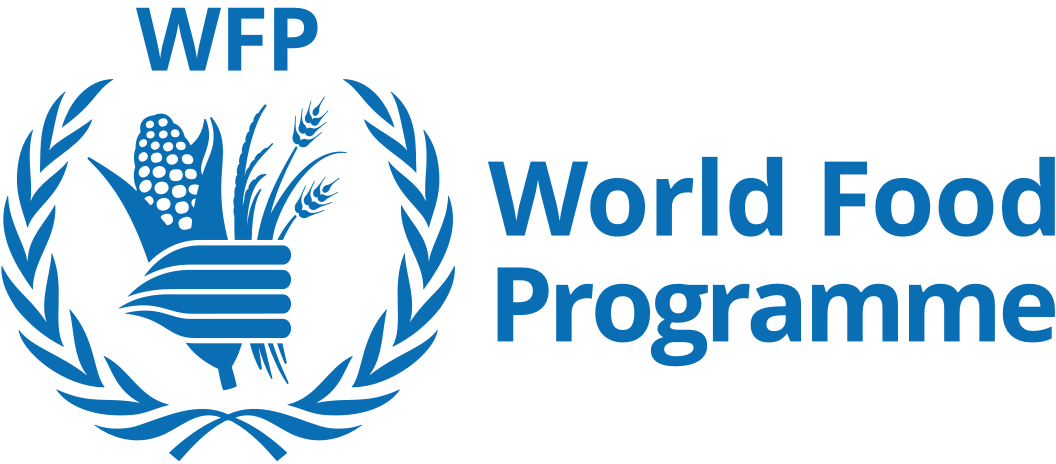About UN Action and what we do against CRSV
What is Conflict-Related Sexual Violence?
Though widely regarded as “war’s oldest crime”, sexual violence is still a grim reality in today’s conflicts. Conflict-related rape, sexual slavery, forced prostitution, forced pregnancy, forced abortion, enforced sterilization, forced marriage, and any other form of sexual violence of comparable gravity were reported in at least 19 countries last year. Perpetrators are often affiliated with a State or non-State armed group, which includes terrorist entities or networks. Victims and survivors are frequently of a persecuted political, ethnic or religious minority group, or targeted on the basis of actual or perceived sexual orientation or gender identity.
In 2008, the Security Council adopted the first binding resolutions on the issue (SCR 1820) and in subsequent years, created the mandate of the Special-Representative on Sexual Violence in Conflict, started deploying Women Protection Advisers to Peace Operations, and repeatedly called on the United Nations system to work together on addressing conflict-related sexual violence (CRSV), primarily through the United Nations Actions against sexual violence in conflict network. The adoption of resolution 2467 in 2019 started a new decade of action and turning resolutions into solutions for survivors and vulnerable populations.
What is UN Action?
UN Action Against Sexual Violence in Conflict (UN Action) is a network of 25 UN entities, united with the goal of ending sexual violence during and in the wake of armed conflict. Working as one UN, the UN Action aims to:
Prevent conflict-related sexual violence
Enhance accountability
Meet the needs of survivors of sexual violence
In all relevant resolutions notably 1820 (2008), 1888 (2009), 1960 (2010), 2106 (2013), 2331 (2016) and 2467 (2019) the Security Council specifically highlights UN Action as the critical interagency coordination forum to address CRSV, through joint advocacy, knowledge generation and programming.
Structure and Members
UN Action is chaired by the SRSG on Sexual Violence in Conflict (SRSG-SVC), supported by a Secretariat, located in the OSRSG-SVC, and governed by a Steering Committee consisting of Principals from the 25 UN system entities. Further information on the OSRSG-SVC can be found at https://www.un.org/sexualviolenceinconflict/.
The network currently embraces 25 UN system entities, namely: CTED, DPPA, DPO, IOM, ITC, ILO, OCHA, OHCHR, OSAPG, OSRSG-CAAC, OSRSG-VAC, UNAIDS, UNDGC, UNDP, UNEP, UNDGC, UNFPA, UNHCR, UNICEF, UNODA, UNODC, UN Women, UNOCT, UN Youth Office and WFP, WHO.
WHO WE ARE
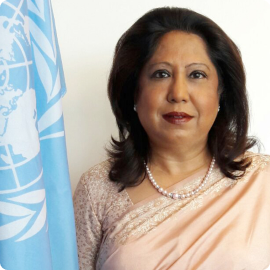
Pramila Patten
SRSG on Sexual Violence in ConflictUnder-Secretary-General Pramila Patten was appointed as the United Nations Special Representative of the Secretary-General on Sexual Violence in Conflict on 12 April 2017. Prior to this appointment and since 2003, Ms. Patten served as a member of the Committee on the Elimination of all Forms of Discrimination against Women (CEDAW). She was the Chairperson of […] read bio
Staff of the UN Action Secretariat
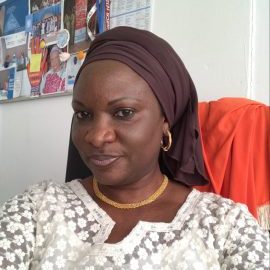
Bernadette Sene
UN Action CoordinatorMs. Bernadette Sene holds a PhD in International Law from the University René Descartes-Paris V, read bio

Lindsay Forslund
Programme Officer, Deputy CoordinatorLindsay worked for six years in the Democratic Republic of the Congo on CRSV and read bio
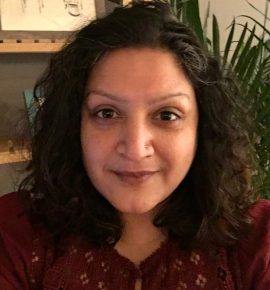
Fareen Walji
Grants Management and Monitoring and Evaluation OfficerFareen Walji joined the UN Action Secretariat in 2019. She has previously worked with or read bio
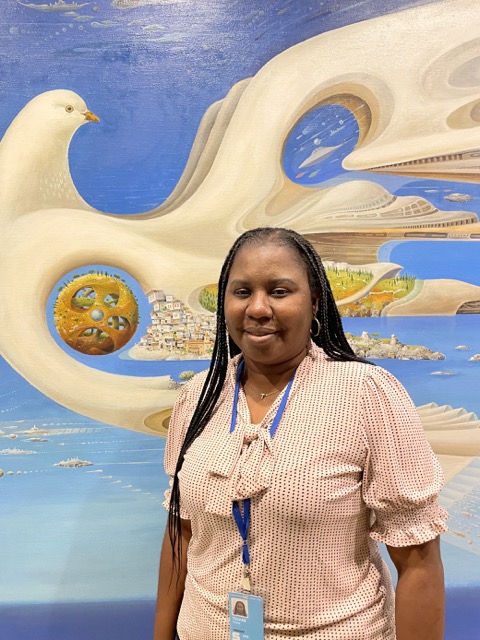
Tracey Tucker
Programme Management AssistantMs. Tracey Tucker joined the Office of the Special Representative of the Secretary-General on Sexual read bio
Fukumi Orikasa
Protection Knowledge Management SpecialistFukumi is the UN Action Secretariat's Protection Knowledge Management Specialist. She has worked in the read bio

Laura Navalta
ConsultantLaura Navalta is a Consultant with the UN Action Secretariat. She has a background in read bio
Focal Points of UN Action
 From left to the right, back to front: Scott Pohl (UNHCR), Fareen Walji, Christian Courtis (OHCHR), Frida Thomassen (UNODA), Lindsay Forslund (OSRSG-SVC), Toby Bonini(UNDP), Rozafa Kelmendi (UN Women), Elisabeth Roesch (WHO), Emily Krasnor (UNFPA), Constance Quosh (UNHCR), Catherine Poulton (UNICEF), Mamadi Diakite (UNAIDS), Toni-Anne Stewart (OCHA), Marianne Bauer, Laura Huchet, Celine Georgi (OHCHR), April Pham (OCHA), Bernadette Sene, Chloe Silvestre (DPO), Tanisha Hewanpola (DPPA), Julia Freedson.
From left to the right, back to front: Scott Pohl (UNHCR), Fareen Walji, Christian Courtis (OHCHR), Frida Thomassen (UNODA), Lindsay Forslund (OSRSG-SVC), Toby Bonini(UNDP), Rozafa Kelmendi (UN Women), Elisabeth Roesch (WHO), Emily Krasnor (UNFPA), Constance Quosh (UNHCR), Catherine Poulton (UNICEF), Mamadi Diakite (UNAIDS), Toni-Anne Stewart (OCHA), Marianne Bauer, Laura Huchet, Celine Georgi (OHCHR), April Pham (OCHA), Bernadette Sene, Chloe Silvestre (DPO), Tanisha Hewanpola (DPPA), Julia Freedson.
FUNDING
UN Action is funded completely from voluntary, extra-budgetary contributions by donors to the Conflict-Related Sexual Violence Multi-Partner Trust Fund (CRSV-MPTF). Funding from the CRSV-MPTF not only supports the functioning of the network, it also supports the joint projects of UN Action in the field, which directly benefit survivors and people at risk of CRSV. Since 2009 UN Action has supported over 50 projects in over 17 countries.
Channelling funding to the CRSV-MPTF allows UN Action to undertake activities in the areas of prevention of CRSV (incl. through addressing its root causes), protection, provision of multi-sectoral services for survivors, building capacities of national institutions, developing guidance and ensuring safe and ethical data collection and analysis – all covered by UN Action’s strategic framework. UN Action and survivors of CRSV benefit from streamlined programming, strengthened governance and financial management systems, and standardized donor reporting. Member States and other partners can contribute to the CRSV-MPTF. More information on the fund as well as relevant project documents can be found at the website of the MPTF Gateway http://mptf.undp.org/factsheet/fund/CSV00
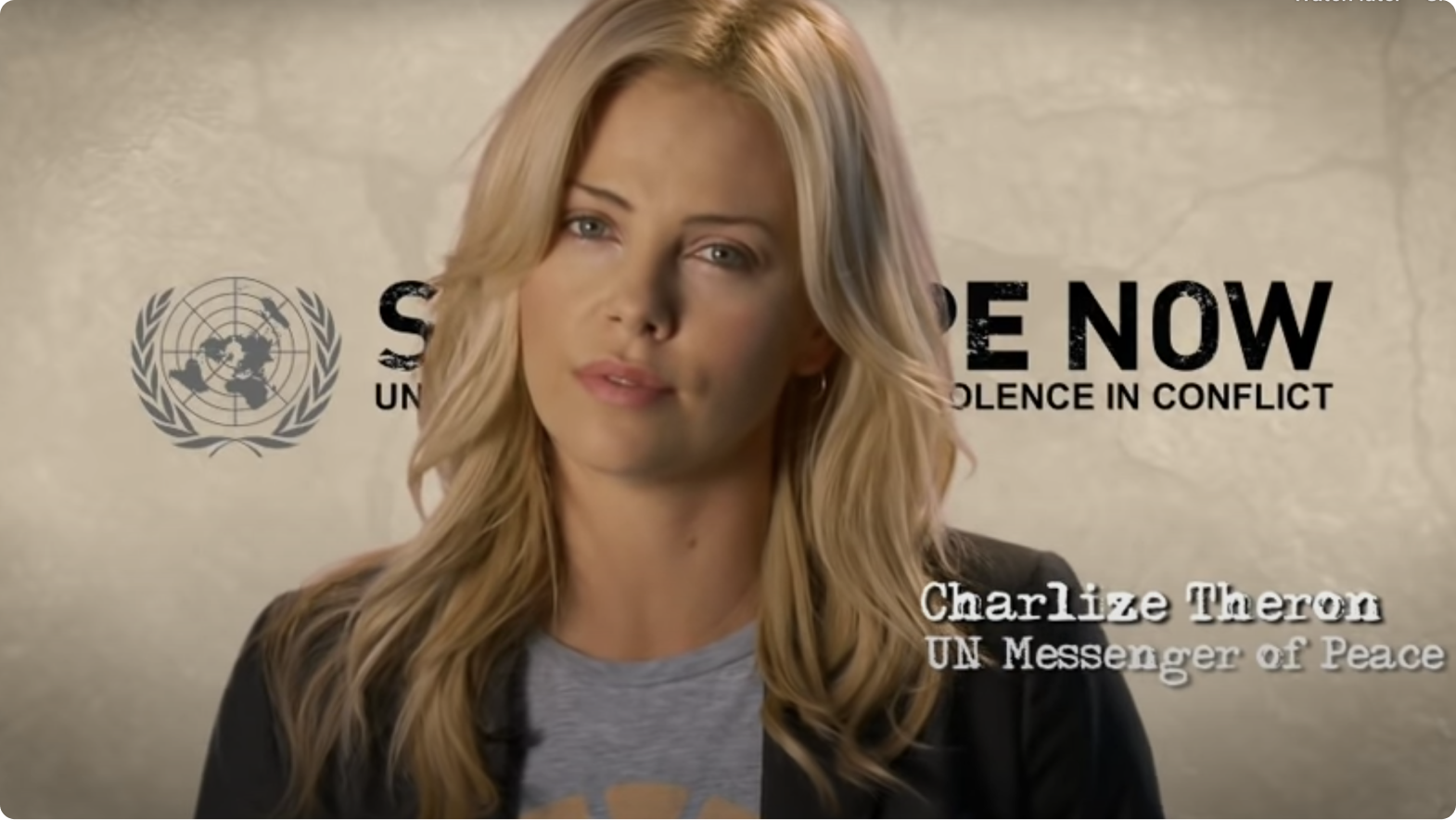
Donors
UN Action is generously supported by
 Sweden
Sweden
 Norway
Norway
 Japan
Japan
 Netherlands
Netherlands
 Belgium
Belgium
 Switzerland
Switzerland
 Bahrain
Bahrain
 Estonia
Estonia
 Luxembourg
Luxembourg


